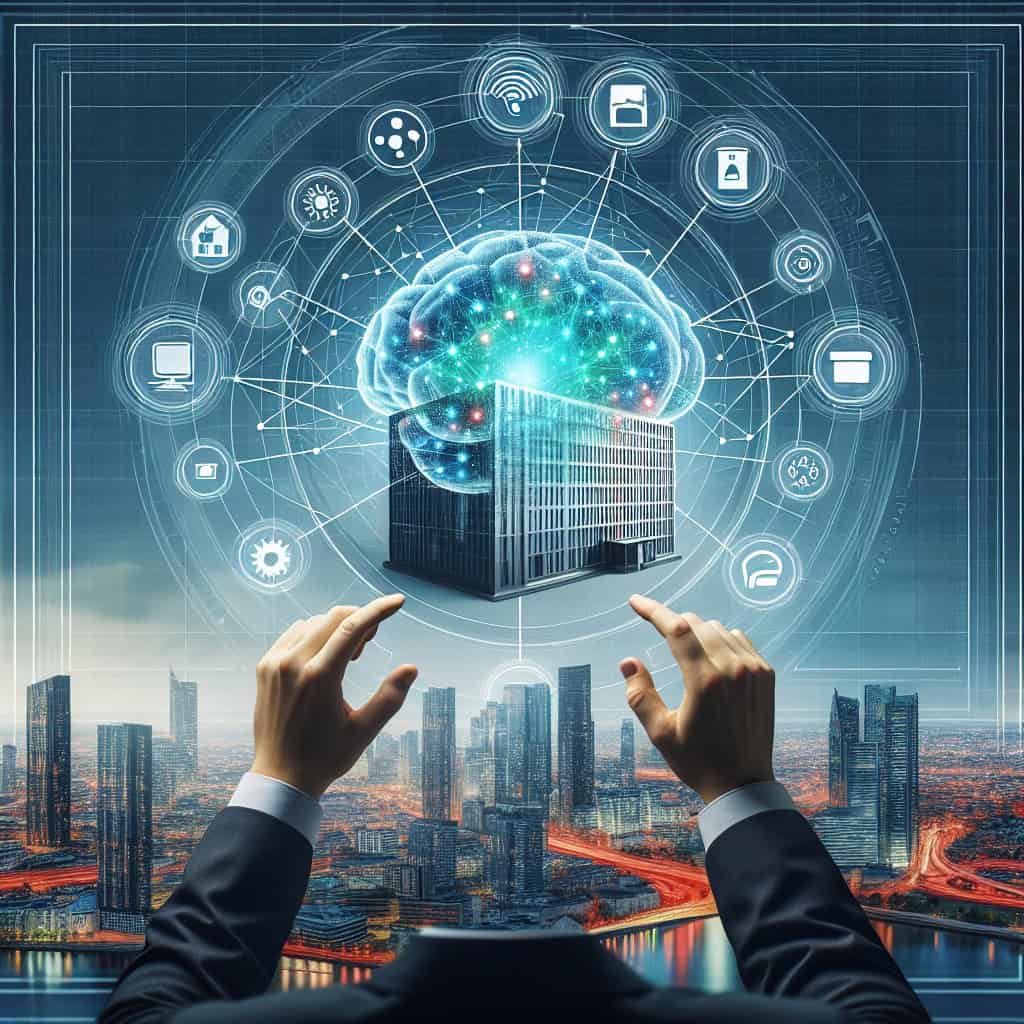Infrastructure Definition: Basics & Digital Transformation
At a time when digital transformation is an omnipresent topic, infrastructure remains the backbone of every modern society. But what exactly does the term "infrastructure" mean? A clear definition of infrastructure is essential in order to understand its diverse functions and impact on economic and social structures. What is infrastructure? In its simplest sense, infrastructure refers to the system of physical structures and facilities - such as roads, bridges and water pipes - that are necessary to support the economy and society.
Infrastructure Definition: Basics & Digital Transformation Read more »

















